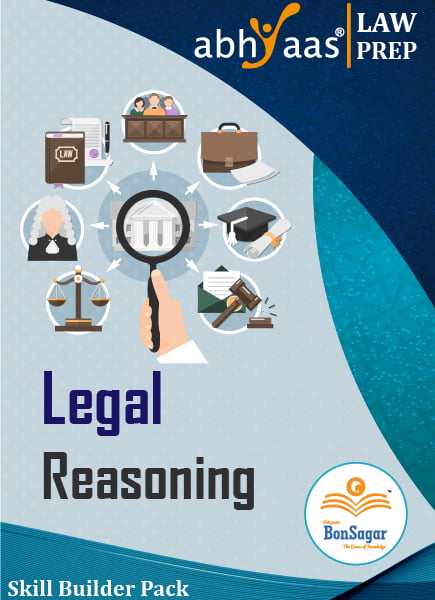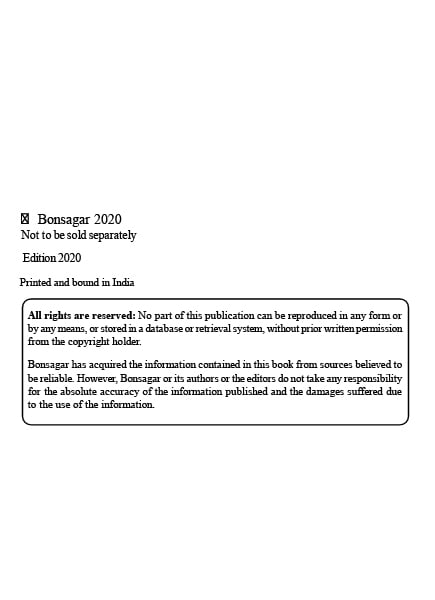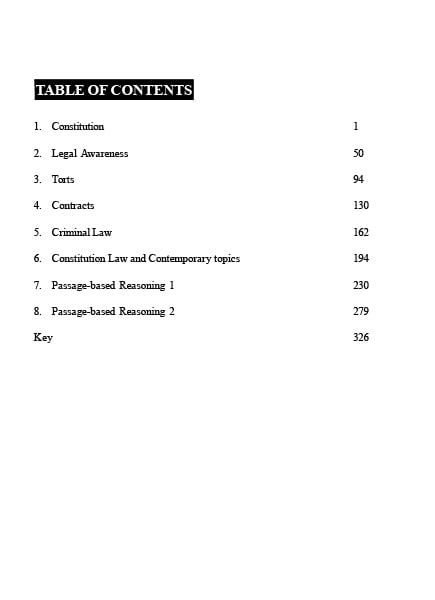Top IELTS Speaking Tips from Test Takers and Experts
The IELTS Speaking test is widely acknowledged as one of the most demanding sections of the exam for numerous candidates. It requires not only fluency and coherence but also the ability to express ideas clearly and confidently under timed conditions. To help you navigate this crucial aspect of the IELTS with confidence, we’ve compiled a comprehensive guide based on insights and tips from both test takers who have successfully cleared the Speaking test and experts in English language teaching.
Understanding the IELTS Speaking Test Structure
The Speaking test is structured to evaluate your proficiency in communicating effectively in English through a direct interview with an accredited examiner. It consists of three parts, each serving a specific purpose:
Part 1: Introduction and Interview
– Duration: 4-5 minutes
– Format: The examiner introduces themselves and asks questions about familiar topics such as your hobbies, studies, work, and interests.
Part 2: Long Turn
– Duration: 3-4 minutes (1 minute for preparation + up to 2 minutes for speaking)
– Format: You will be given a task card with a topic. You have 1 minute to prepare and then need to speak on the topic for up to 2 minutes.
Part 3: Discussion
– Duration: 4-5 minutes
– Format-wise, the examiner continues the discussion by posing additional questions related to the topic covered in Part 2, delving into more abstract concepts and issues.
Top Tips from Test Takers and Experts
Part 1: Introduction and Interview
Be Prepared for Common Questions
– Tip: Anticipate questions about your hometown, studies or work, hobbies, and interests. Prepare concise and coherent responses.
Expand on Your Answers
– Tip: Avoid giving one-word answers. Elaborate on your responses with details and examples to showcase your ability to express ideas fluently.
Natural Communication
– Tip: Speak naturally and confidently. Imagine you are having a conversation with a friend rather than being in a formal interview.
Use of Tenses
– Tip: Pay attention to the use of verb tenses, especially when talking about past experiences or future plans. Practice using a variety of tenses accurately.
Part 2: Long Turn (Cue Card)
Structure Your Response
– Tip: Use the 1-minute preparation time wisely to outline your response. Organize your speech by including an introduction, key points, and a concluding statement.
Speak Clearly and Coherently
– Tip: Focus on clarity and coherence. Organize your ideas logically and use linking words and phrases to connect your points smoothly.
Use Relevant Examples
– Tip: Support your points with relevant examples and details. This shows your ability to develop ideas and provide specific information.
Manage Time Effectively
– Tip: Keep track of time while speaking. Aim to speak for about 2 minutes without rushing or leaving too much time unused.
Part 3: Discussion
Engage in a Meaningful Conversation**
– Tip: Listen carefully to the examiner’s questions and respond thoughtfully. Engage in a discussion by expressing your opinions and providing reasons.
Expand on Your Answers
– Tip: Similar to Part 1, expand on your answers with explanations and examples. This demonstrates your ability to discuss abstract ideas in English.
Expressing Opinions
– Tip: Practice expressing opinions diplomatically. Use phrases like “I believe,” “In my opinion,” and “From my perspective” to express your viewpoint clearly.
Language Range and Accuracy
– Tip: Showcase a range of vocabulary and grammatical structures. Use synonyms, idiomatic expressions, and complex sentences appropriately.
Expert Insights and Additional Tips
Practice Regularly
– Tip: Consistent practice is key to improving your speaking skills. Engage in mock interviews with friends, teachers, or language partners to simulate exam conditions.
Record and Evaluate Yourself
– Tip: Record your practice sessions and evaluate your performance. Pay attention to areas such as pronunciation, fluency, vocabulary usage, and grammar.
Focus on Pronunciation and Intonation
– Tip: Practice pronunciation of difficult words and pay attention to intonation patterns in English. This enhances your overall clarity and naturalness in speech.
Learn from Feedback
– Tip: Seek feedback from teachers, tutors, or native speakers. Identify strengths and areas for improvement to refine your speaking skills effectively.
Develop Confidence
– Tip: Build confidence through preparation and practice. Visualize success and approach the Speaking test with a positive mindset.
Conclusion
Mastering the IELTS Speaking test requires a combination of preparation, practice, and effective communication skills. By following the insights and tips shared by successful test takers and experienced educators, you can enhance your performance and approach the test with confidence. Remember to focus on clarity, coherence, vocabulary usage, and grammatical accuracy while expressing your ideas fluently and confidently. With dedication and perseverance, you can achieve your desired score in the IELTS Speaking test and move closer to your academic or career goals.




